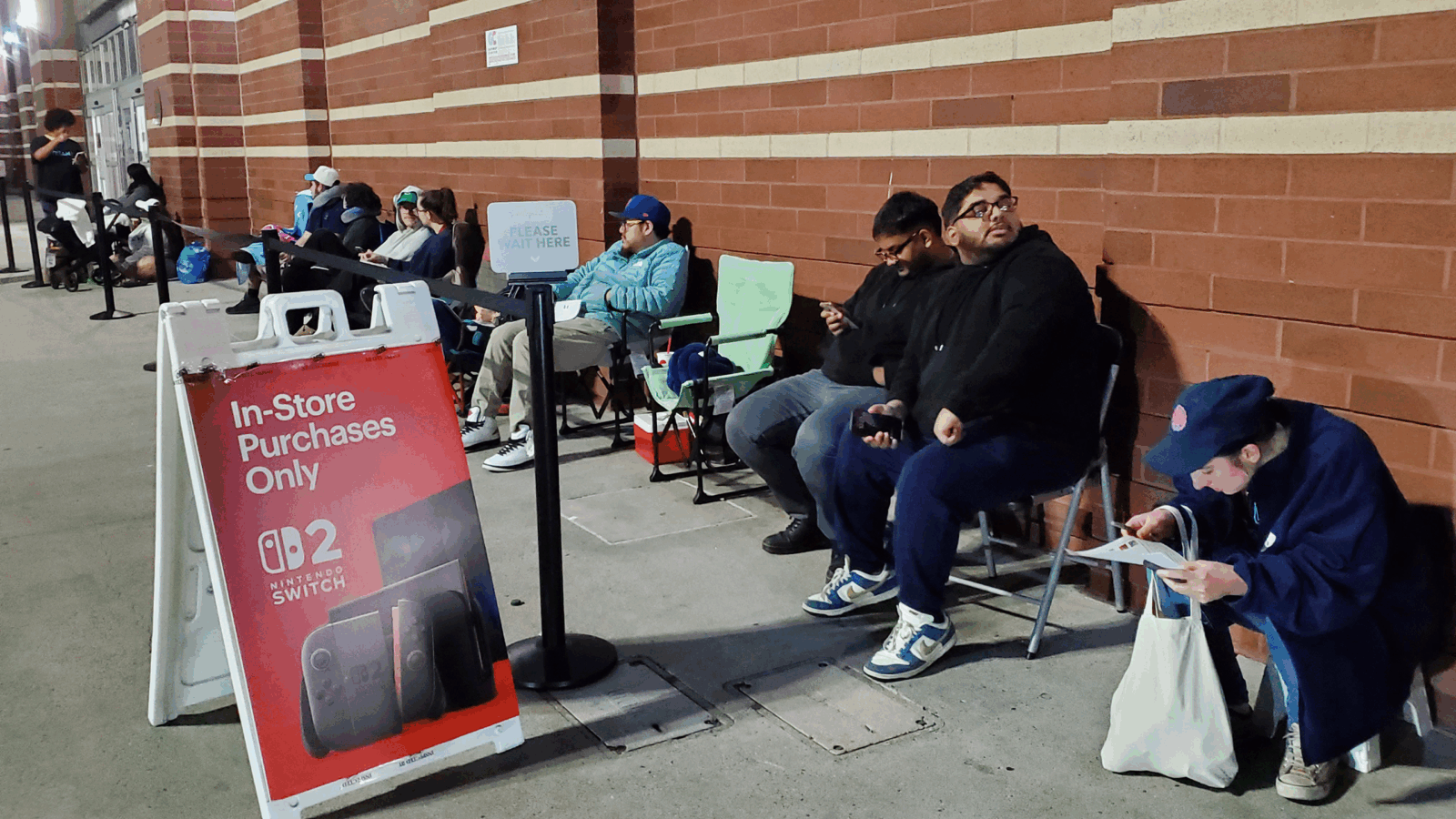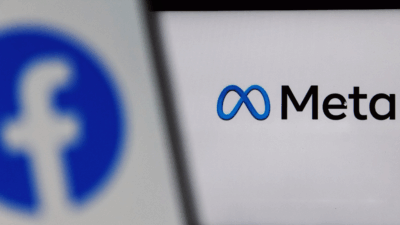BuzzFeed News’ Plan to Boost Revenue is So Simple It Just Might Not Work

Sign up for smart news, insights, and analysis on the biggest financial stories of the day.
Whoa! What a concept!
To boost traffic and bring in more ad revenue for her money-losing newsroom, BuzzFeed News editor-in-chief Karolina Waclawiak had a bold suggestion for her journalists during a recent staff meeting: Write more. This is high on our list of the 37 funniest moments in media so far this year.
Writer’s Block
While BuzzFeed is widely known for its clickbait listicles and quizzes that determine if you’re more like Salt or Pepa, — or the secret third option, Spinderella — it has also been known to produce highly-praised and thoroughly-reported news pieces. Just two years ago, the digital publication won its first Pulitzer for a series exposing China’s mass detention of Muslims for forced labor in the nation’s Xinjiang region. Never mind that hard news was a money-loser and has been significantly scaled back.
However, traffic is down across the board. In the past, much of BuzzFeed’s clicks came by way of deals with Facebook, but in a recent earnings report it said people were spending less time on the social media platform. And when traffic is down, ad revenue is down:
- Ad revenue for Q4 2022 was $51 million, a 27% decline from the same time a year prior. Buzzfeed’s stock is now worth about $1 a share, and for Q1 2023, it expects to generate $61 million to $67 million in revenue, much less than the $91 million it saw the same time last year.
- While Waclawiak’s vision for more content is not inherently bad, it means a heavier workload on a smaller pool of writers. Last March, BuzzFeed CEO Jonah Peretti said the outlet was looking to boost profitability in its news division by cutting staff and shifting focus from long-form investigative pieces to “coverage of the biggest news of the day, culture and entertainment, celebrity and life on the internet.”
“There are so many things outside of our control — the advertising market, the economy, a recession,” Waclawiak told the newsroom, according to the WSJ. “But what we can control is how many stories we publish each day.”
A Writer’s Take: Waclawiak’s plan is nothing new. Every journalist has experienced this: You finally finish a piece that you’ve been working on for days, maybe weeks. It has great quotes and solid reporting not found in any other outlet. You wrote it, re-wrote it, and re-re-wrote it to perfection. When everything is done, your editor looks you in the eyes (or likely GChats you these days) and immediately asks, “What else you got?” Happy Thursday, everyone.











